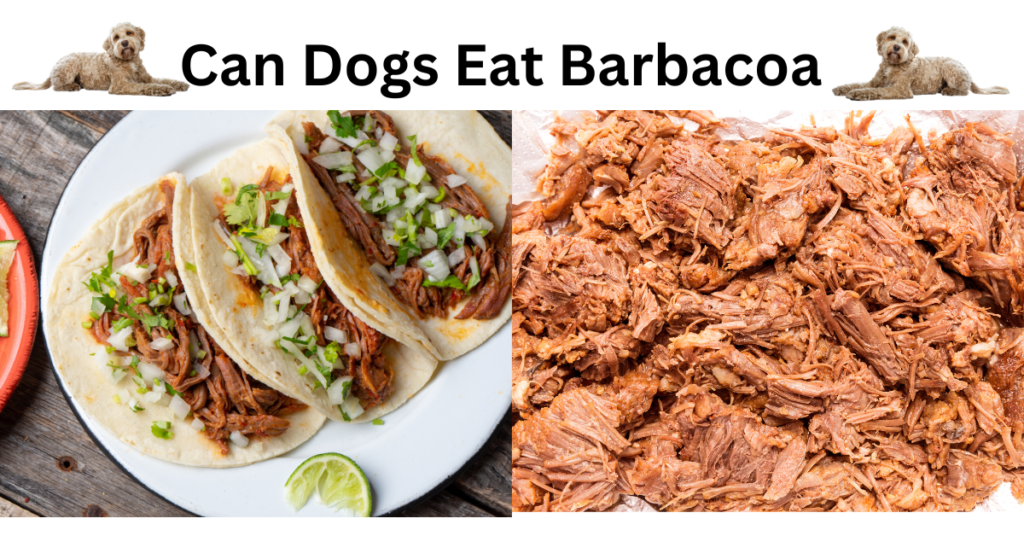Can Dogs Eat Muskmelon? A Nutritional Guide
Pet owners often wonder about the dietary choices they make for their furry companions, and one common question that arises is, ‘Can dogs eat muskmelon?’ This Sweet and refreshing fruit is a favorite during the hot summer months, but is it safe for your canine friend to indulge in this delicious treat? In this article, we will explore the potential benefits and risks of feeding muskmelon to dogs, shedding light on whether it can be a healthy addition to their diet or a potential cause for concern.
What is Muskmelon?
Muskmelon, scientifically known as Cucumis melo, is a sweet and juicy fruit that belongs to the Cucurbitaceae family, which also includes cucumbers, pumpkins, and squash. This fruit is commonly referred to as “cantaloupe” in many regions, although there are various cultivars with slightly different appearances and flavors.
Muskmelon typically features a round or oval shape, a rough, netted rind, and vibrant orange or pale green flesh. It is known for its delightful sweetness and aromatic fragrance. Rich in vitamins, particularly vitamin C and vitamin A, as well as dietary fiber, muskmelon is not only a tasty snack but also offers potential health benefits. It’s commonly enjoyed fresh, added to fruit salads, or blended into refreshing smoothies.
Can Dogs Eat Muskmelon?
Yes, dogs can eat muskmelon in moderation. Muskmelon is generally safe for dogs and can be a healthy treat due to its high water content and vitamins like A and C. However, it should be given in small, bite-sized pieces to avoid choking, and the seeds and rind should be removed as they can be hard to digest.
Additionally, while muskmelon is a low-calorie fruit, it is important not to overfeed it to your dog, as excessive consumption can lead to digestive issues. Always introduce new foods gradually to ensure your dog tolerates them well, and consult with your veterinarian if you have any concerns about your dog’s diet.
What are the Benefits and Risks of Muskmelon for Dogs?
Here’s a table summarizing the benefits and risks of muskmelon for dogs:
| Benefits of Muskmelon for Dogs | Risks of Muskmelon for Dogs |
| Hydration: High water content helps keep dogs hydrated. | Choking Hazard: Seeds and rind can be a choking hazard. |
| Vitamins: Contains vitamins A and C, supporting the immune system. | Digestive Issues: Excessive consumption may lead to diarrhea or upset stomach due to natural sugars. |
| Low in Calories: A low-calorie fruit suitable for weight management. | Allergies: Some dogs may have allergies to certain fruits; monitor for adverse reactions. |
| Choking Hazard: Seeds and rinds can be a choking hazard. |
Introduce muskmelon gradually, remove seeds and rind, and feed it in moderation to ensure it’s well-tolerated by your dog. If you have concerns about your dog’s diet or specific health conditions, consult with your veterinarian.
What Type of Muskmelon is Best for Dogs?
The best type of muskmelon for dogs is typically the common cantaloupe variety (Cucumis melovar. cantalupensis). Cantaloupe is a popular choice because it’s readily available, has a sweet and juicy flesh that dogs usually enjoy, and is safe for canine consumption when prepared properly.
When selecting cantaloupes for your dog, prioritize ripe. But not overly ripe fruits, remove seeds and rind to prevent choking hazards, and opt for organic or pesticide-free varieties when possible. Always feed cantaloupe to your dog in moderation as an occasional treat. Their regular balanced diet, and monitor for any adverse reactions.

How Much Muskmelon Can Dogs Eat?
Dogs can eat muskmelon in moderation as an occasional treat. The exact amount depends on your dog’s size, age, and overall health. As a general guideline, small dogs should have no more than a few small bites, while larger dogs can consume a bit more. A few small cubes or slices of muskmelon should suffice for a treat. It’s important to keep your dog healthy, as excessive consumption can lead to digestive upset due to the fruit’s natural sugars. Always monitor your dog’s reaction when introducing muskmelon or any new food into their diet, and consult with your veterinarian for personalized dietary recommendations.
What Happens When a Dog Eats Melon?
When a dog eats melon, such as muskmelon or cantaloupe, several outcomes can occur:
Hydration:
The high water content in melons can help keep your dog hydrated, which is especially beneficial during hot weather.
Nutritional Benefits:
Melon contains vitamins like A and C, which can support your dog’s immune system and overall health.
Digestive effects:
Excessive consumption may lead to digestive issues, such as diarrhea or an upset stomach, due to the natural sugars in melon.
Choking hazard:
It’s crucial to remove seeds and rind before feeding melon to your dog to prevent choking hazards.
While melon can be a healthy and refreshing occasional treat for dogs, moderation is key to avoiding potential digestive problems. It should always be served in small, bite-sized pieces to ensure safety. If your dog experiences any adverse reactions, consult your veterinarian.
What’s the Difference Between a Cantaloupe and a Muskmelon?
Here’s a table highlighting the differences between a cantaloupe and a muskmelon:
| Characteristic | Cantaloupe (Cucumis melo var. cantalupensis) | Muskmelon (Cucumis melo) |
| Scientific Classification | A variety of Cucumis melo | A broader species, Cucumis melo |
| Skin Texture | Netted, rough outer skin | Smooth or lightly netted |
| Rind Color | Typically tan or beige with orange splotches | Can range from green to yellow or beige |
| Flesh Color | Orange or light orange | Creamy or pale green to white |
| Flavor | Sweet and aromatic | Sweet and fragrant |
| Common Names | Numerous cultivated varieties, including “Honey” and “Crenshaw.” | Referred to as “muskmelon” or by specific cultivar names |
| Varieties | Rich in vitamins A and C | Various cultivars, each with distinct characteristics |
| Popular Uses | Commonly consumed fresh, in fruit salads, or as a dessert | Eaten fresh, used in fruit salads, desserts, and smoothies |
| Geographic Origin | Originated in Cantalupo, Italy | Widely cultivated globally |
| Nutritional Content | Rich in vitamin A and C | Similar nutritional content to cantaloupe, varying by cultivar |
| Availability | Widely available in many regions | Availability varies by location |
While cantaloupe and muskmelon are often used interchangeably in some regions, they can refer to specific varieties or different cultivars of the broader muskmelon species, each with unique characteristics and flavor.
CONCLUSION: Can Dogs Eat Muskmelon? A Nutritional Guide
The terms “cantaloupe” and “muskmelon” are often used interchangeably in some regions, leading to confusion. However, they refer to distinct varieties or cultivars of the broader muskmelon species, Cucumis melo. Cantaloupes typically have a netted, rough outer skin with orange flesh and are known for their sweet and aromatic flavor.
In contrast, muskmelons encompass a broader range of cultivars, which can vary in skin texture, color, and flavor but are all part of the same species. Both fruits offer nutritional benefits and are commonly enjoyed fresh or in various culinary applications, making them popular choices among consumers. Their choice often comes down to personal preference and regional naming conventions.
FAQ’s
Yes, dogs can eat cantaloupe, which is a type of muskmelon. It can be a safe and healthy treat when served in moderation, with seeds and rind removed to prevent choking hazards. However, always monitor your dog for adverse reactions when introducing new foods into their diet.
No, it’s not recommended for dogs to eat muskmelon peel (rind). The peel can be tough and difficult for dogs to digest, potentially leading to digestive issues or choking hazards. It’s safer to remove the peel and offer your dog the flesh of the muskmelon in small, manageable pieces.
Most melons, including cantaloupe and watermelon, are generally safe for dogs when given in moderation and with seeds and rind removed. However, some exceptions exist, such as bitter melon, which can be toxic to dogs if consumed in large amounts. Always consult your veterinarian if you are unsure about a specific melon variety or if your dog shows any signs of adverse reactions after eating melon.
Both watermelon and muskmelon have their health benefits. Watermelon is lower in calories and provides excellent hydration due to its high water content. Muskmelon, on the other hand, is a good source of vitamins like A and C. The choice between them depends on individual preferences and dietary needs.
Most dogs can safely eat muskmelon in moderation. However, individual sensitivities and allergies can vary, so it’s essential to introduce them slowly and monitor for adverse reactions like digestive upset or allergic responses. Always consult with your veterinarian if you have concerns about your specific dog’s diet or health.







